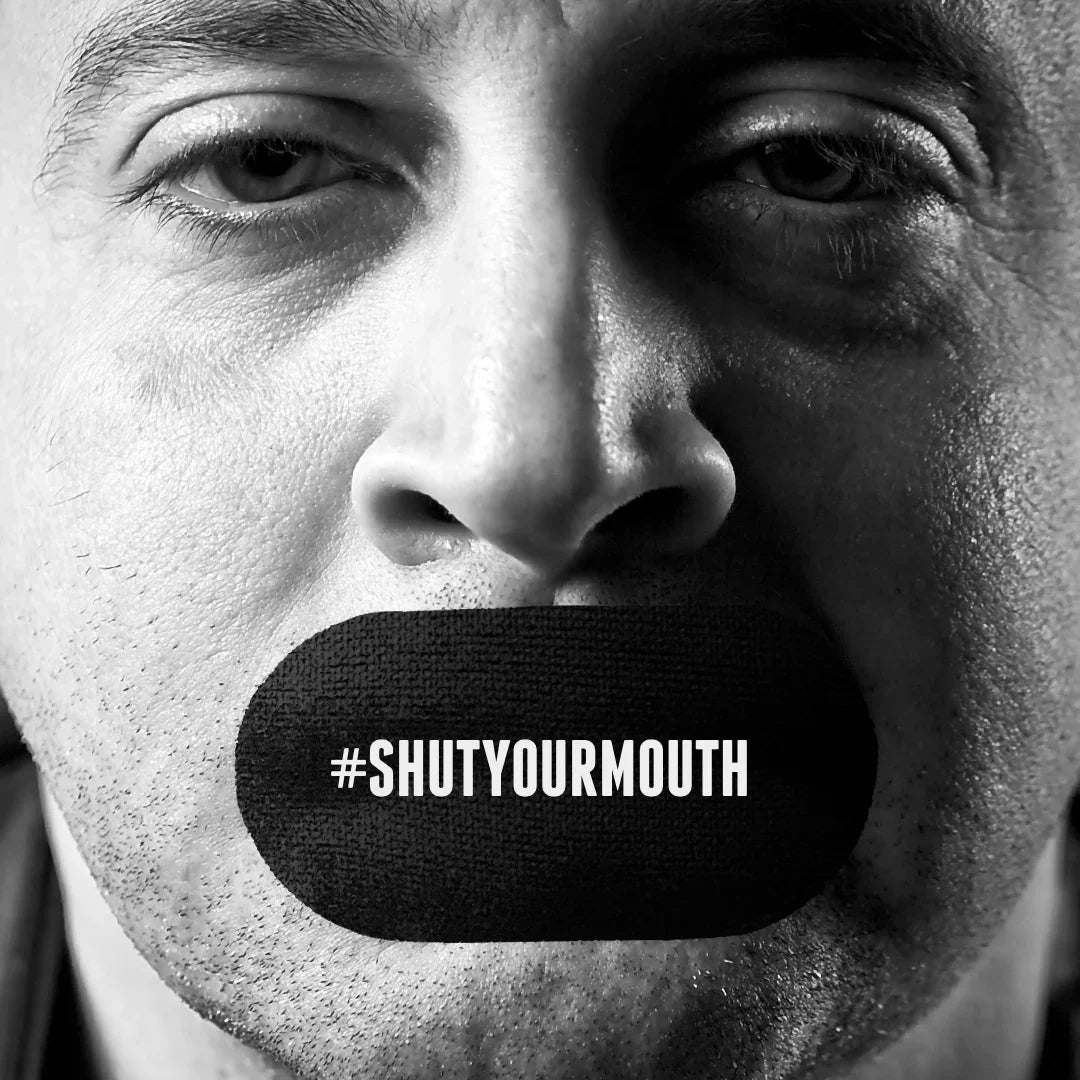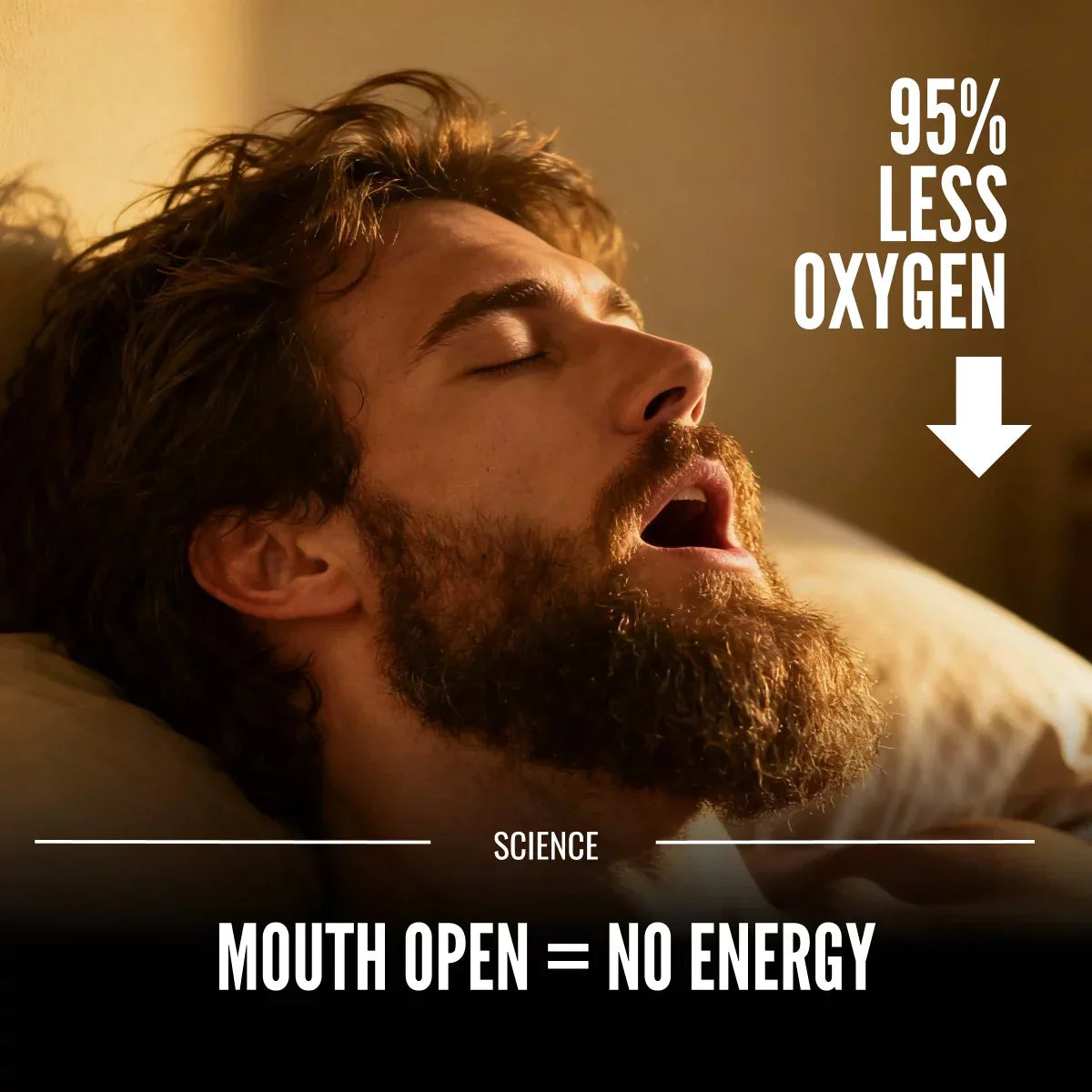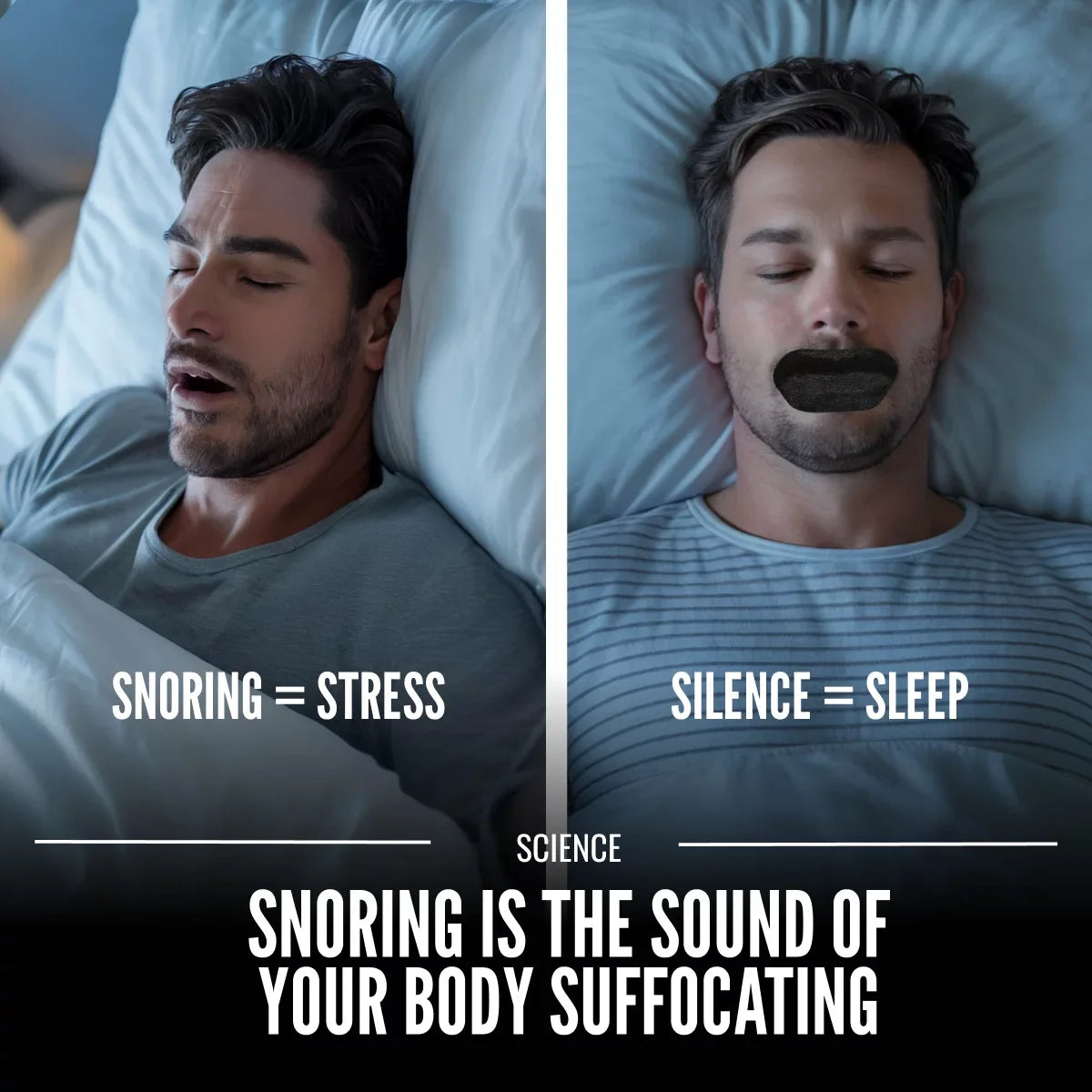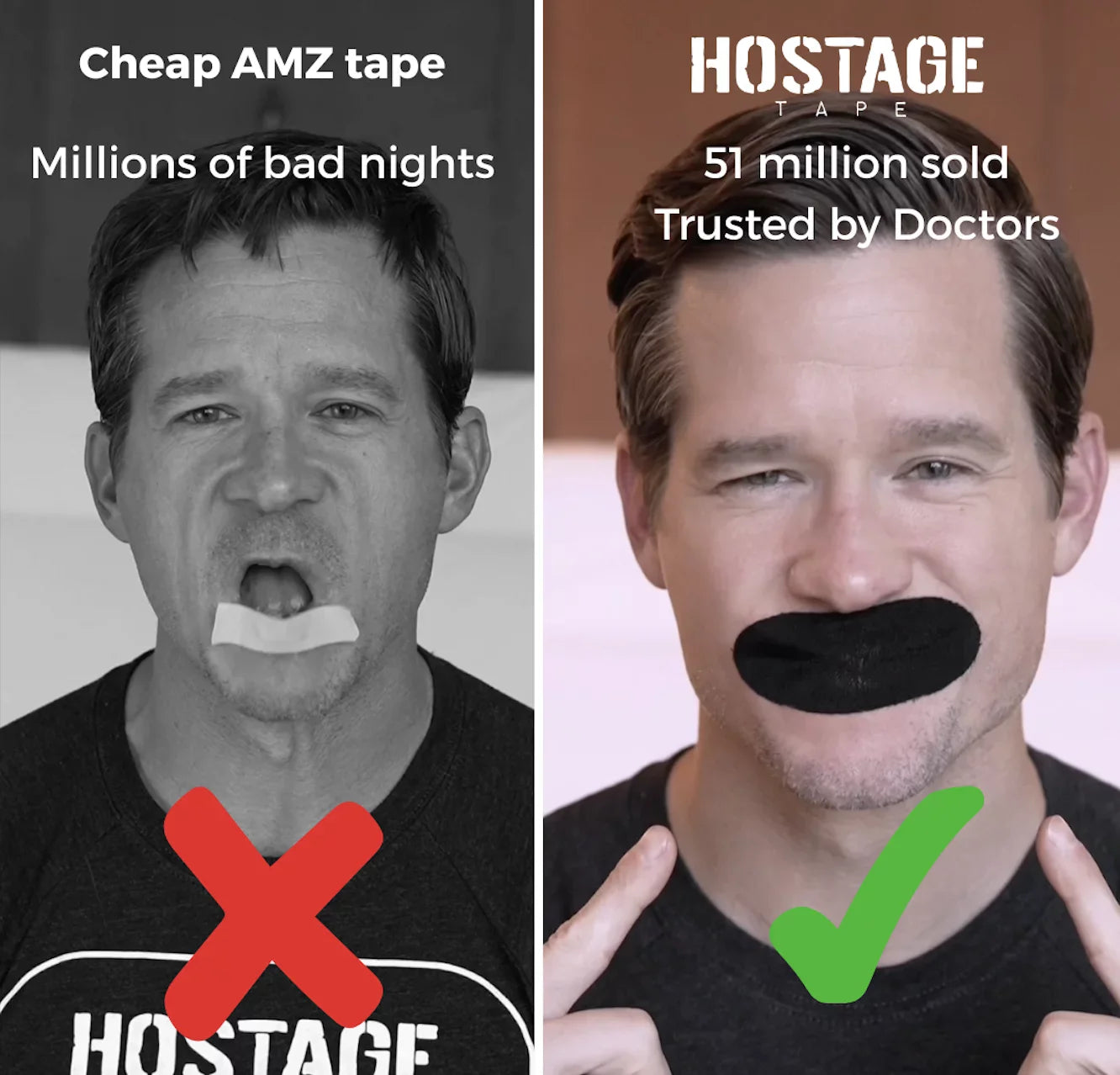Most people underestimate the importance of a good night’s sleep. Not only can a restful night’s sleep help boost your energy levels, it also provides your vital organs with some much-needed rest.
Approximately 70 million Americans struggle with chronic sleep problems. The sleep deprivation can lead to the development of chronic diseases, injuries and mental problems. Insomnia is perhaps the most common sleep disorder in the world.
Below we will discuss what insomnia is, the problems it can cause and what you can do to get this problem under control.
What is Insomnia?
By definition, insomnia is the inability to sleep. People with insomnia usually have a hard time either falling or staying asleep. This condition can also cause extreme fatigue, which can get in the way of a person being productive during their workday.
Common Symptoms of Insomnia
- The inability to fall asleep after laying down
- Waking up too early
- An ongoing pattern of broken or interrupted sleep
- Consistent anxiety about being unable to fall asleep
Allowing insomnia to persist can result in mood changes and problems concentrating. This is why addressing this common sleep problem is so important.
Insomnia Comes In Many Different Forms
Experts in the world of Somnology, the scientific study of sleep, classify insomnia in a few different ways.
- Maintenance Insomnia: The inability to remain asleep. Maintenance insomnia is generally caused by underlying health or mental problems.
- Acute Insomnia: Short-term bouts with insomnia that only last a few weeks, often caused by stress, medications or changes in your sleep habits.
- Onset Insomnia: Difficulty falling asleep, sometimes caused by too much caffeine or mental health problems.
- Chronic Insomnia: Problems falling asleep more than three days a week.
Some sleep science professionals also classify insomnia as either primary or secondary. Primary insomnia describes insomnia that doesn’t stem from a clear mental or physical health condition. Secondary insomnia can be traced to problems like chronic pain, depression or anxiety.
Problems That Untreated Insomnia Can Cause
One of the worst things you can do when confronted with insomnia is to ignore it. If you leave this common sleep condition untreated, you could face serious problems like:
- A two-fold increase of having fatigue-related car accidents
- Poor memory
- Problems coping with minor irritations
- Lower quality of life
- Higher risk of depression/anxiety
- Decreased mortality rate if you sleep less than five hours a night
Rather than putting your mind and body at risk, you need to explore all insomnia treatment options at your disposal.
Treatments That Can Help You Overcome Insomnia
If you are new to the world of insomnia, you might fail to realize just how many different treatments there are for this condition. Selecting the right treatment will require some time and research. Below are just some of the treatments you should think about using for your insomnia.
Hostage Tape Comes In Handy
Did you realize that the way you breathe can interrupt your sleep pattern? Allowing your mouth to fall open when you sleep can make problems with snoring worse. Blocking your airway can result in poor quality sleep and issues involving insomnia. Breathing through your mouth while sleeping can also lead to blood oxygenation issues.
One of the best ways to address these issues is by investing in Hostage Tape. With the help of hostage tape, you can improve your sleep and reduce snoring. If you feel like this tape is what you need to fix your sleep problems, it is time to place an order.
Improve Your Sleep Hygiene
In some cases, bad sleep habits can cause bouts of insomnia. A sleep doctor might recommend doing things like avoiding caffeine before bedtime or increasing the amount of exercise you get daily to address your insomnia. Removing electronic distractions from your bedside table is also a good idea if you struggle to fall asleep at night.
Rather than suffering in silence with insomnia, it is time to try the solutions mentioned in this article.
Join our Facebook Group here to have discussions and get sleep hacks with like minded people suffering from snoring, sleep apnea, and mouth breathing.
Don’t let snoring take you Hostage!
The secret nobody is talking about.
Great sleep, Made simple.
The most comfortable mouth tape on the planet.







Share:
5 sleep tips for new parents
5 facts about exercise and sleep